The human brain has got science writers excited this year. Why does it dream? Why does it hold on to our most embarrassing memories but forget the rest? Why does it flicker, fade and eventually die? But for those more interested in what’s outside our bodies than what’s inside them, there are other titles to chew on — a cross-cosmos alien hunt with an astrophysicist, a love letter to trigonometry or an elegant environmental eulogy.
• See more of the Times and Sunday Times best books of 2024
The Times and Sunday Times science book of the year
The Genetic Book of the Dead by Richard Dawkins
You would never confuse a rhinoceros beetle — at a few centimetres long — for a rhinoceros. But, Richard Dawkins writes, if you watched the insects fighting, then the mammals, you’d realise“a fight is a fight is a fight, and a horn is a handy weapon at any size”. Natural selection is not a force that picks winners from different species; it selects winning traits or, more precisely, winning genes. This book, a “Darwinian reverie”, is a colourful tour of the natural kingdom from a gene’s-eye view and an espousal of Dawkins’s thesis that each creature’s DNA can be read as a guide to the environment that shaped its ancestors. There is no sign here, in what has been marketed as Dawkins’s “final bow”, of the angry, divisive atheism of The God Delusion (2006). This is instead a return to the wonder and curiosity of The Selfish Gene (1976) and a reminder of why he is still considered one of our finest scientific communicators.
Head of Zeus £25
Buy a copy of The Genetic Book of the Dead here
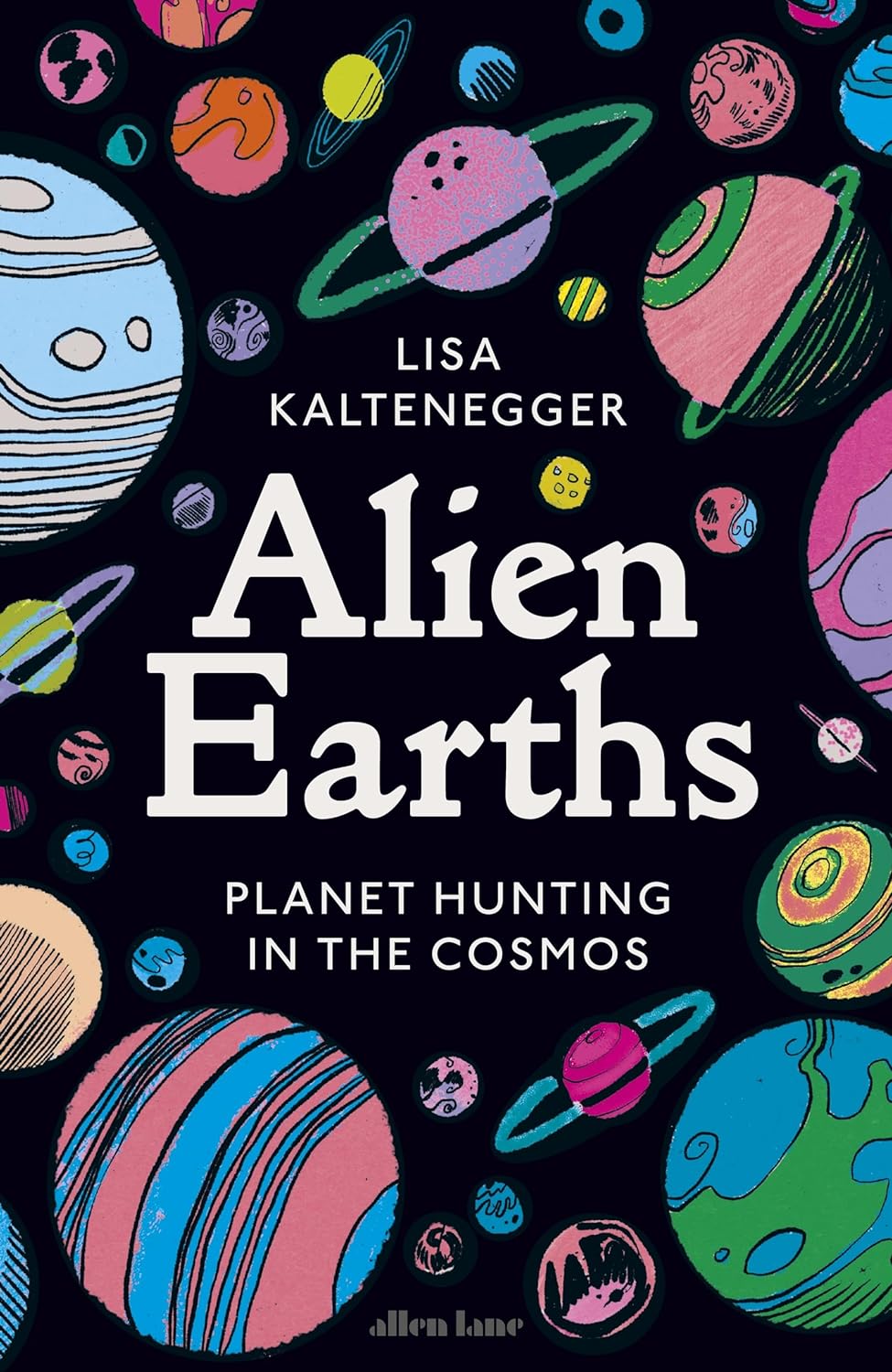
Alien Earths: Planet Hunting in the Cosmos by Lisa Kaltenegger
“Don’t get me wrong,” Lisa Kaltenegger writes, “Earth is my favourite planet.” But if you assume, as optimistic astronomers do, that the universe is teeming with other worlds, Earth is probably “not yet at the grown-ups’ table”. This Austrian astrophysicist, a world leader in the accelerating search for extraterrestrial life, takes us on a vivid trip through the cosmos, explaining how scientists are using technology to detect hints of activity on distant planets.
Allen Lane £25
Buy a copy of Alien Earths here
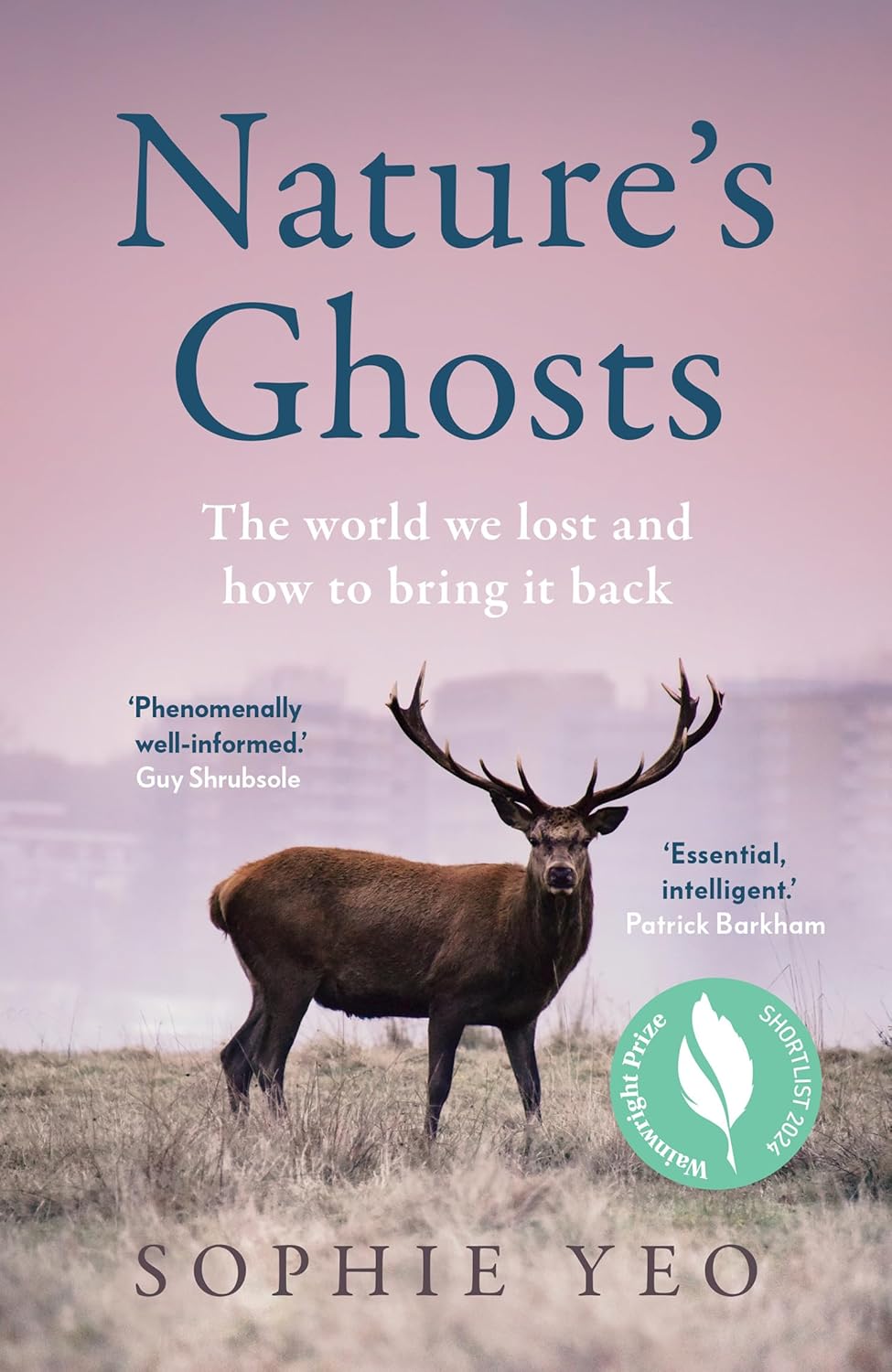
Nature’s Ghosts: The World We Lost and How to Bring It Back by Sophie Yeo
Humans have become so used to living in landscapes stripped of nature that scientists have given it a name: shifting baseline syndrome. We are now accustomed, the environmental journalist Sophie Yeo writes, “to accepting the threadbare scene before us, forgetting the splendour of the original weave”. She sets out — in elegant prose — to remind us of the world we have lost. It is impossible, she accepts, to turn back the clock. But if humanity were to move aside just a little, to create a tiny bit more space for nature, it might have a chance of springing back.
HarperNorth £22
Buy a copy of Nature’s Ghosts here
Advertisement
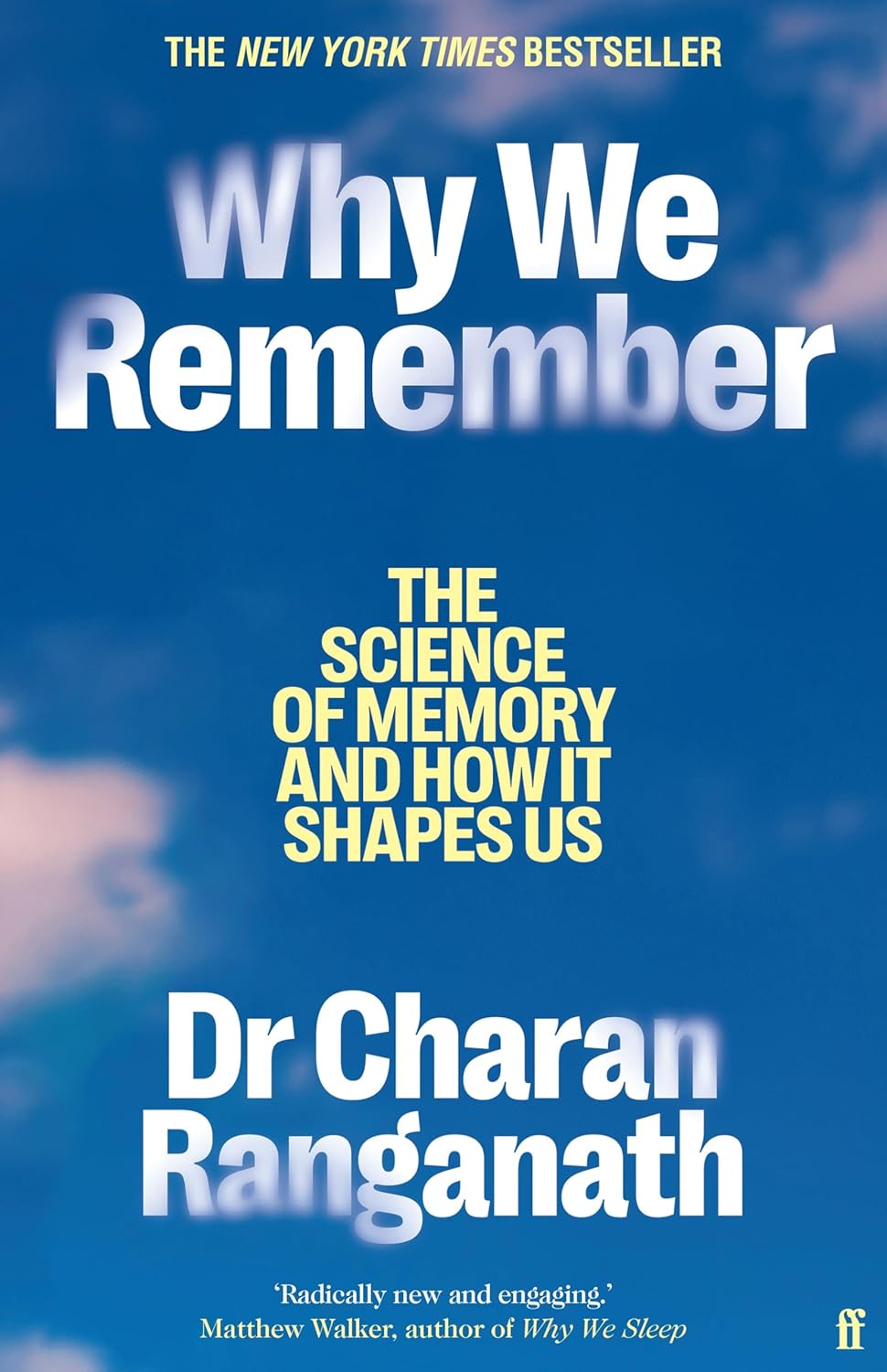
Why We Remember by Charan Ranganath
Popular scientific publishing goes in cycles. For a few months this spring it seemed that editors were competing in a private contest to find a top American scientist and commission a book exploring a mysterious aspect of the human experience. The Why We … books may display a lack of originality on the part of publishers, but that does not mean they are not brilliant. This one, by the neuroscientist Charan Ranganath, explains how our identity is formed by the recollections we cling to and examines how we can all take control by choosing what to remember and what to let go.
Faber £20
Buy a copy of Why We Remember here
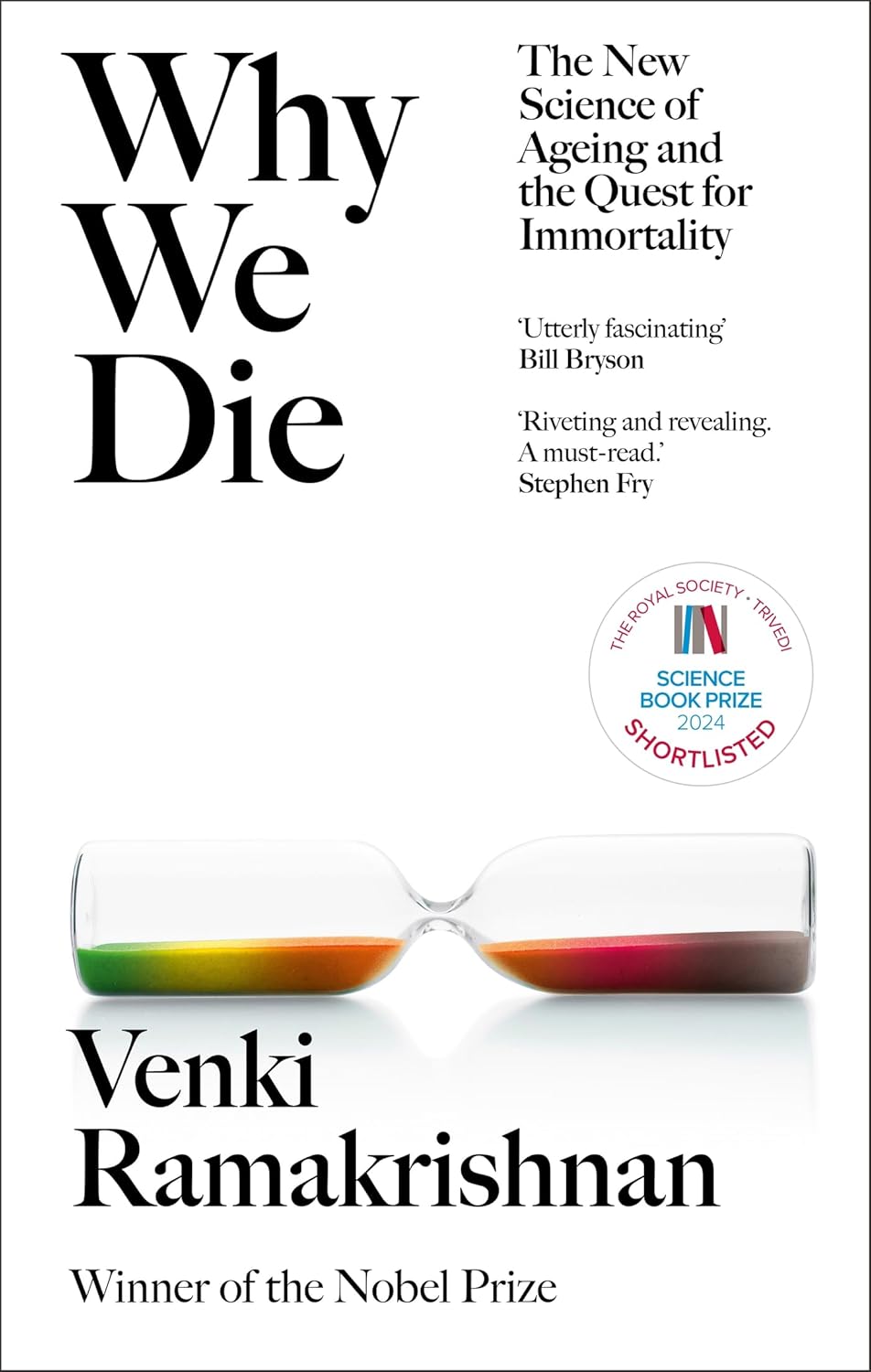
Why We Die by Venki Ramakrishnan
Life, the Nobel prizewinner Venki Ramakrishnan says, is like an opulent banquet to which all are invited. But to be human is to realise that the festivities will not last for ever. “Eventually, it is our turn to leave, even though the party is still in full swing,” he writes. “And we dread going out alone into the cold night.” Ramakrishnan explores the science of longevity, explaining why we expire, and assesses the likelihood that those he calls “immortality merchants” will succeed in their bid to extend our lives.
Hodder & Stoughton £25
Buy a copy of Why We Die here
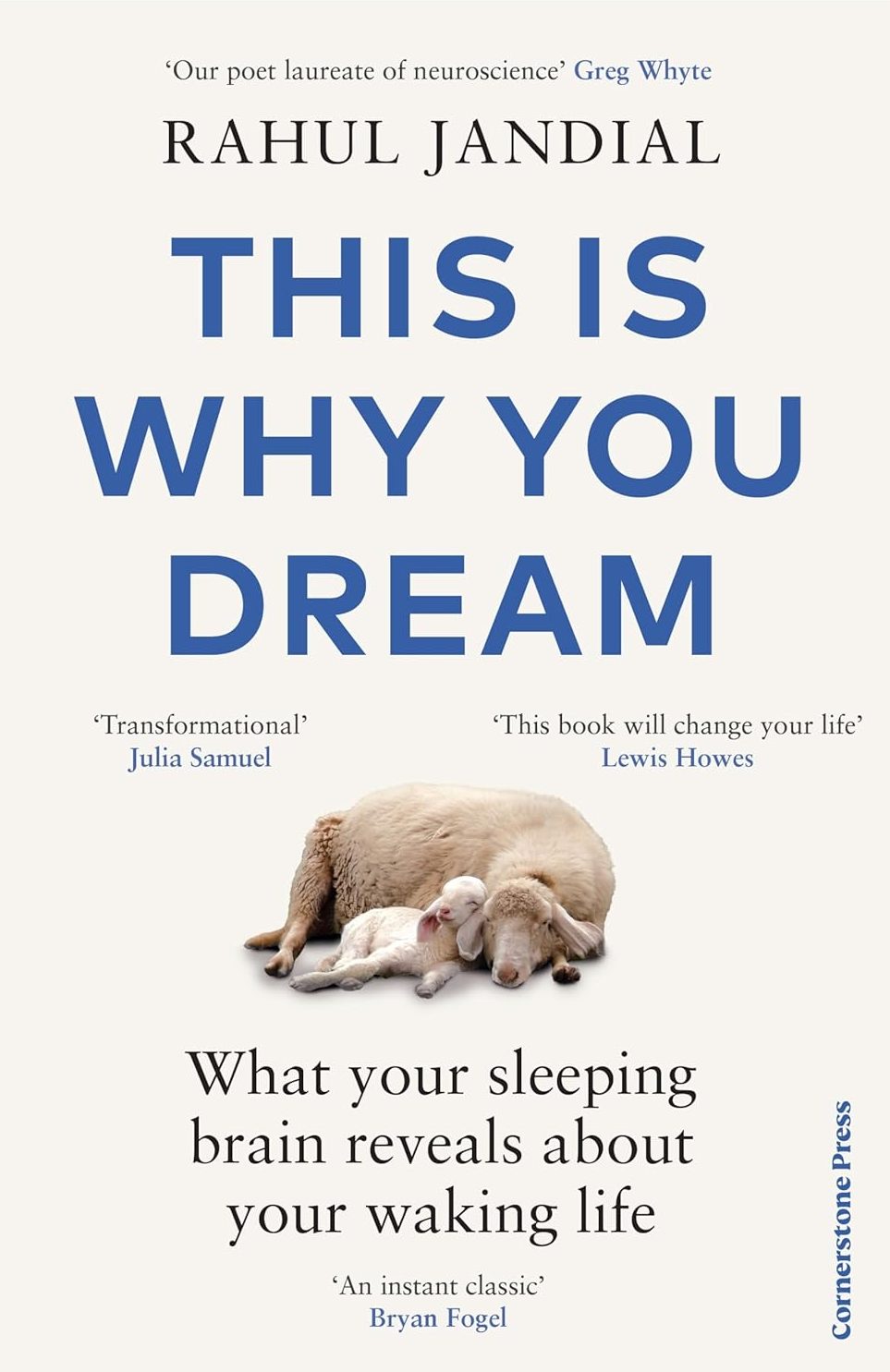
This Is Why You Dream by Rahul Jandial
The night before undertaking an operation, the neurosurgeon Rahul Jandial settles into bed and visualises the structures of his patient’s brain. The next day he is better prepared when he steps into the operating theatre. Dreams, he argues, play a vital evolutionary role in human lives. This is no rest state: when someone dreams about running, the motor cortex is activated in the same way as it would be when they actually exercise. As teenage males discover, an erotic dream can be powerful enough to bring a slumbering body to climax. Dreams “are a different form of thinking”, he writes. “It’s their very wildness that gives them the potential to be transformative.”
Cornerstone £18.99
Buy a copy of This Is Why You Dream here
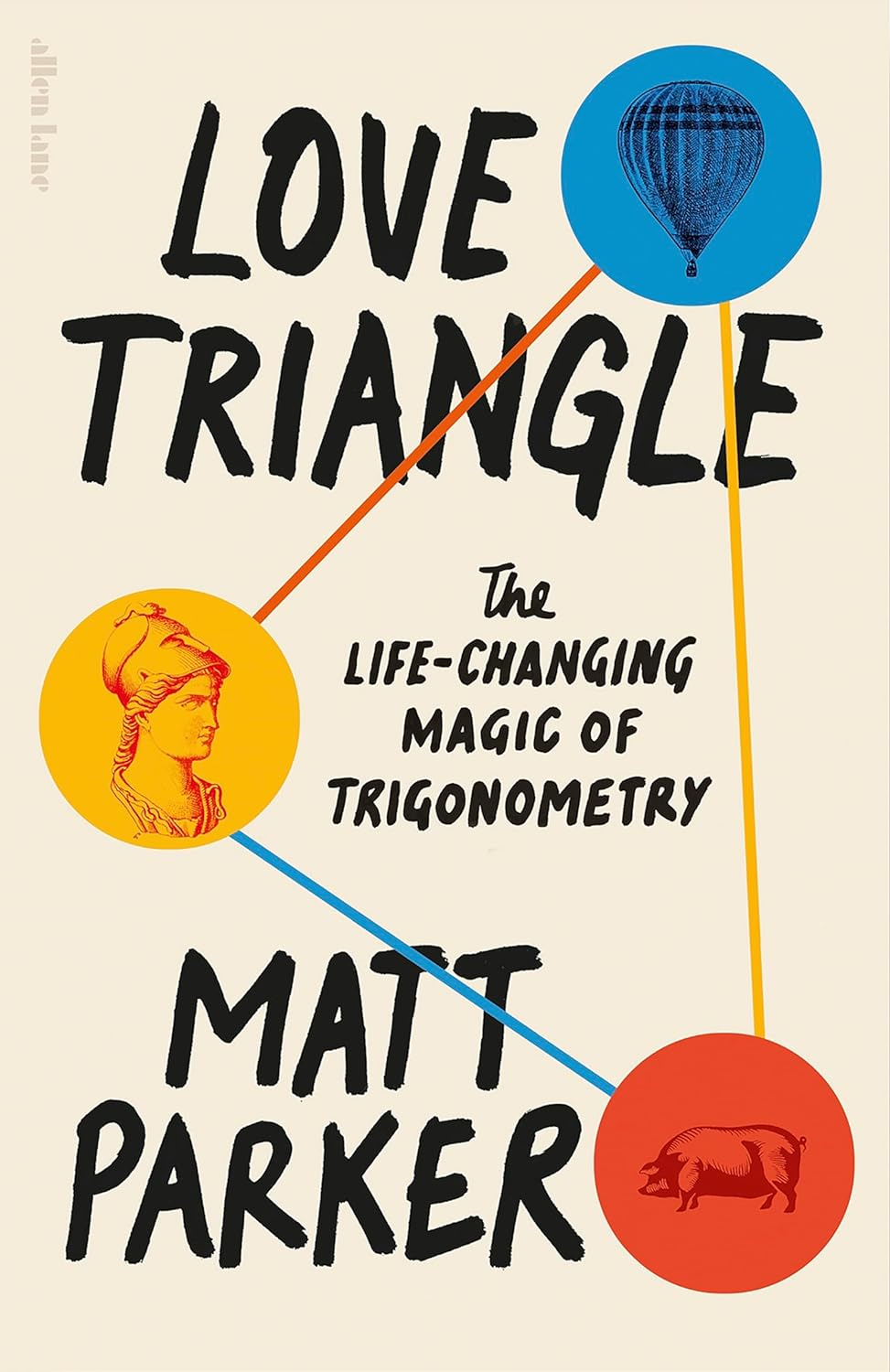
Love Triangle: The Life-Changing Magic of Trigonometry by Matt Parker
If your eyeballs are 1.7m above the ground, the horizon — standing on any beach — will always be 4.7km away. The wake behind a swimming duck always forms an angle of exactly 39 degrees. And the shape of a beehive, a rhombic dodecahedron, is one of the most mathematically efficient shapes for packing. Triangles, the mathematician and comedian Matt Parker tells us, are everywhere. To discover a lot about the world, all you need is a protractor, a ruler and trigonometry. Fast-paced, chatty and entertaining.
Allen Lane £24.85
Buy a copy of Love Triangle here
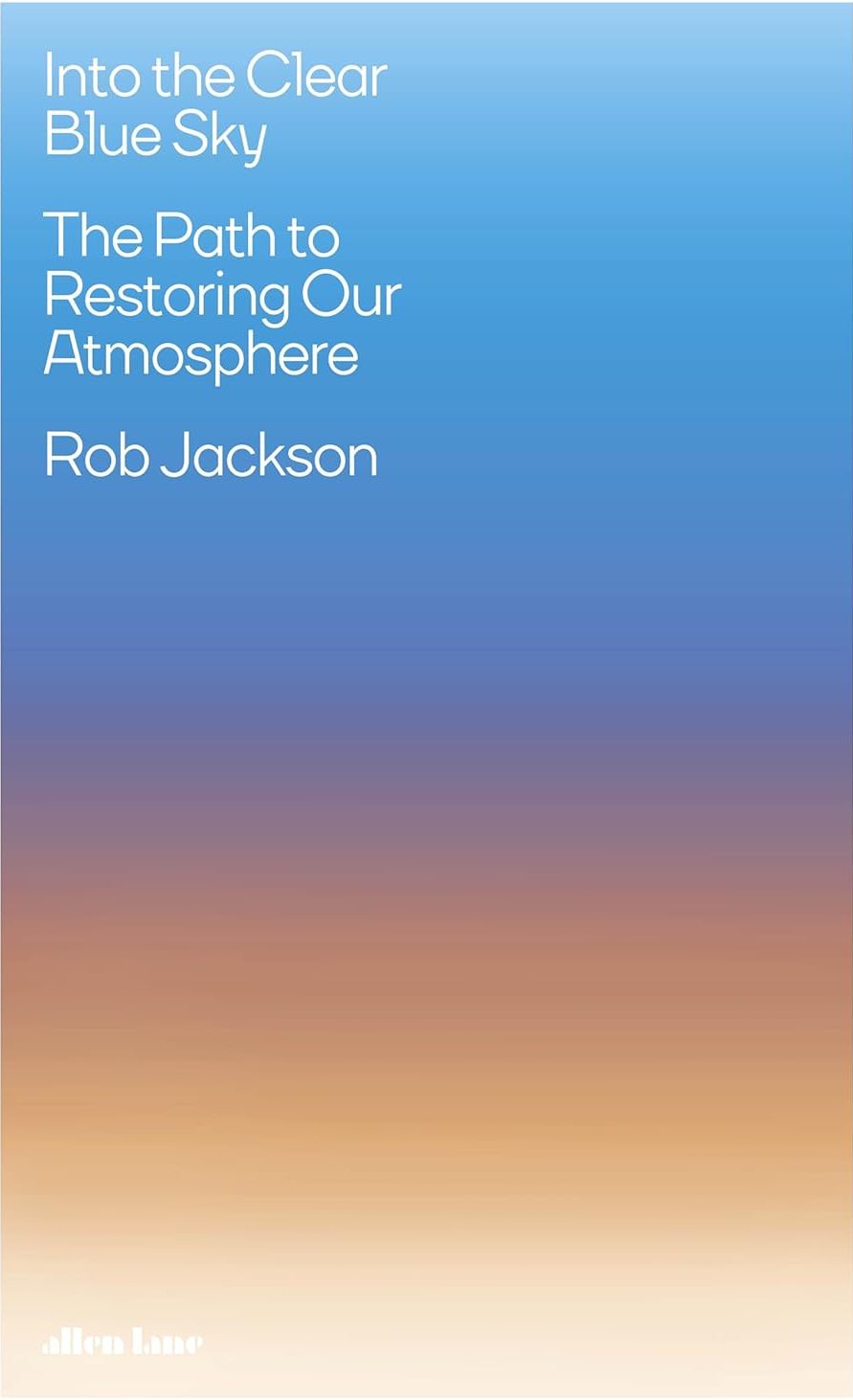
Into the Clear Blue Sky: The Path to Restoring Our Atmosphere by Rob Jackson
Books about climate change tend to be gloomy, if not apocalyptic. Not this one. Rob Jackson, a professor of environmental sciences at Stanford, believes we can restore Earth’s atmosphere in a single generation. First we need to reduce emissions. But this doesn’t have to be painful, he says, outlining the work of tech pioneers developing hydrogen-powered ships, electric motorbikes and green steel foundries. Second, we need to reverse the damage already done, sucking carbon dioxide and methane from the atmosphere using innovative machinery, vast swathes of new forests and restored peatlands. He acknowledges this won’t be simple, but adds: “If my dream were easy, it wouldn’t be a dream.”
Allen Lane £25
Buy a copy of Into the Clear Blue Sky here
Advertisement
Explore more of The Times and Sunday Times best books of 2024 with our complete guide. Then see who’s topping The Sunday Times Bestsellers List — the UK’s definitive sales chart
★ Visit mytimesplus.co.uk for your chance to win a Books of the Year bundle
What was the best science book you read this year? Add your recommendations in the comments
Read more of the best books of 2024
This post was originally published on here







